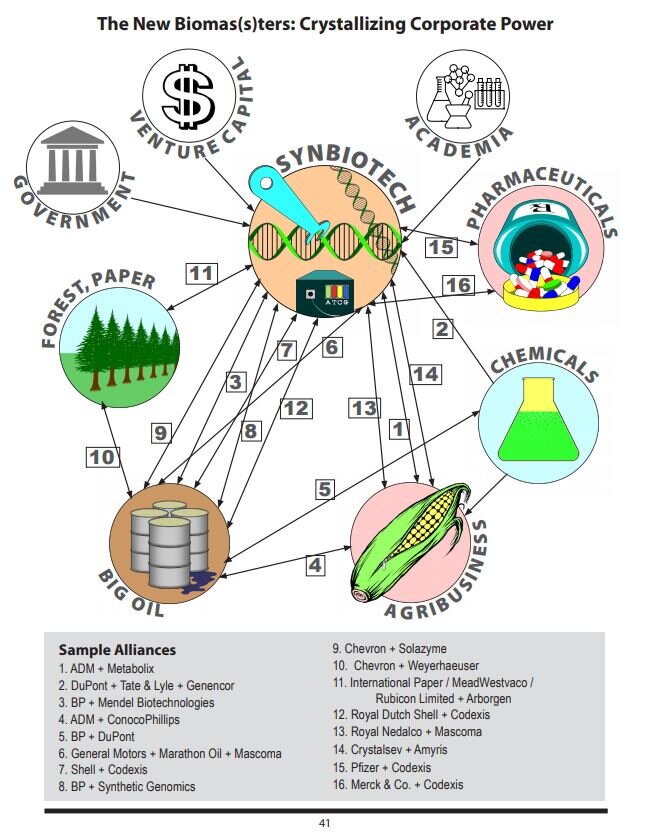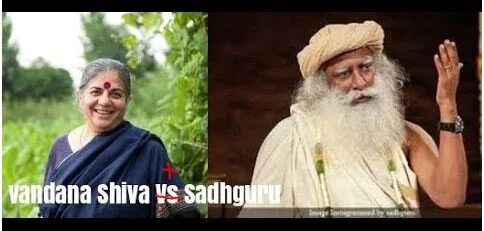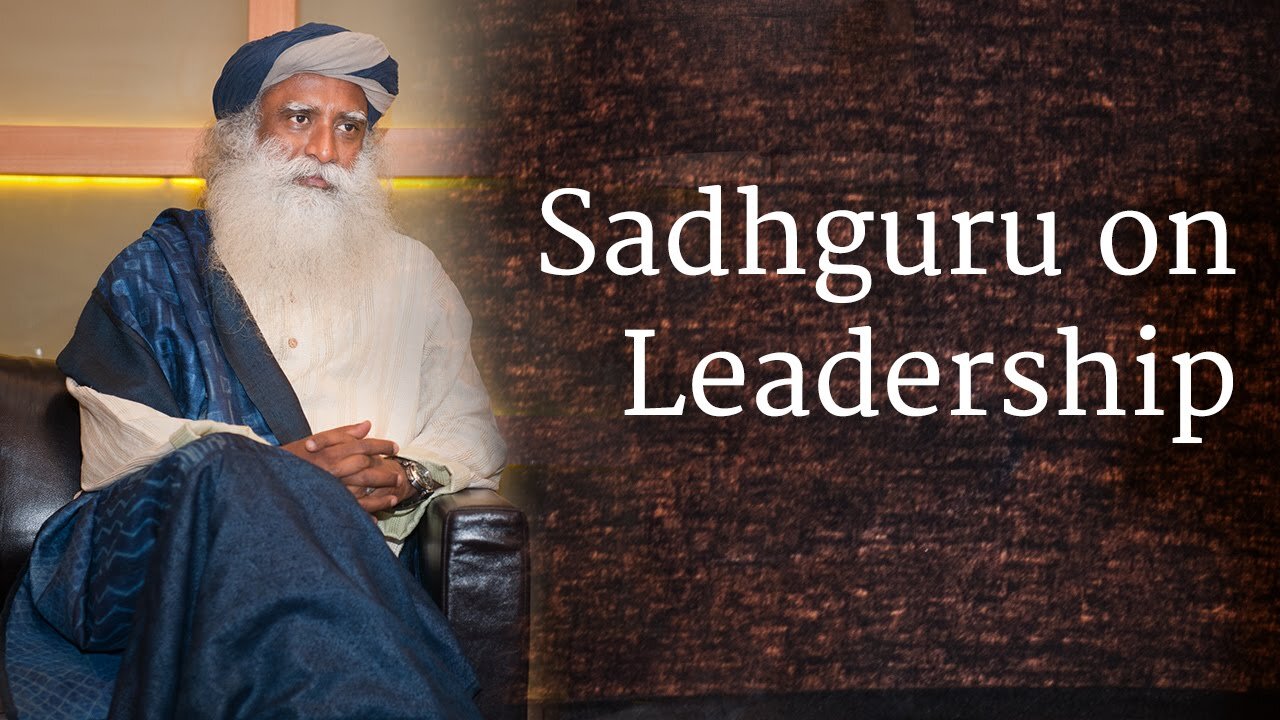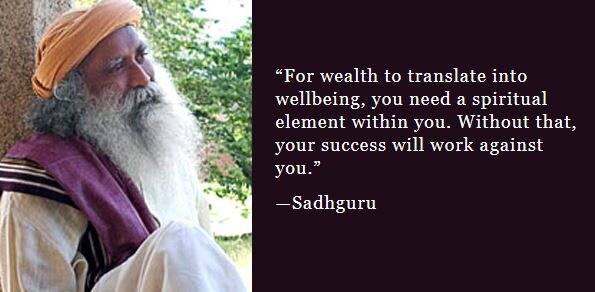“MOST CONSIDERED THOSE WHO PROFITED AT THE EXPENSE OF OTHERS TO BE WHAT BALANTA CALLED BEFERA . . . TRANSLATED AS ‘WITCHES’ OR ‘CANNIBALS’ - PEOPLE WHO CONSUMED OTHERS’ HEALTH, SOULS, OR BODIES AND UNDERMINED COMMUNITY COHERENCE. KIDNAPPERS WHO SEIZED KIN OR NEIGHBORS IN THE NIGHT AND SOLD THEM FELL INTO THIS CATEGORY, AS DID EUROPEAN AND EURAFRICAN (MIXED RACE) SLAVERS AND THEIR MIDDLEMAN AGENTS.”
- WALTER HAWTHORNE, FROM AFRICA TO BRAZIL: CULTURE, IDENTITY AND AN ATLANTIC SLAVE TRADE, 1600-1830
Oneness vs. The 1%:
Vandana Shiva at the United Nations Office at Geneva
“You might remember 2008 was the collapse of Wall Street and tax money bailed it out. The billionaires got richer. In 2010, 388 billionaires controlled as much wealth as the bottom half of humanity. This number came down to 277 in 2011, 159 in 2012, 292 in 2013, 280 in 2014, 62 in 2016, and it shriveled to a mere 8 in 2017 and this year it is 5. The March 2016 data was that the six richest had $343 billion and by the next year they had $402 billion. And their money is then managed by the asset management funds which did not exist before globalization. They were insignificant. But they are the determining factor in the economy today. The two biggest are Vanguard and Blackrock. We normally think of Wall Street and Goldman Sachs - looked like nothing today. They are very small players. So in 2008 Vanguard was less than a trillion and Blackrock was a trillion. 2012 Vanguard rose to $2.2 trillion, Blackrock was $3.3 trillion. When I started this book . . . Vanguard was $3 trillion. Withing a year by the time this went to the publisher and was published within a year it was $4 trillion.
How do the asset managers make a trillion a year? India’s GDP is 1.3 trillion and we are a land of 1.3 billion people very hardworking peasants, very hardworking women and all of that work counts for nothing. But the speculation is growing by the day. . .
I’ve been looking at…. Of course I started looking at agriculture because of what happened, the fracturing of the most prosperous part of India, the state of Punjab. I did my MSC honors in physics from Punjab and it was a peaceful land, the richest state in the province of India. By 1984 it had erupted in violence. In those days I was working for the United Nations University on a major program of conflicts over resources within peace and global transformation and I said something is going on here that needs to be looked at because when I was collecting data on conflicts over rivers, Punjab was the highest but by June of 1984 the story was only about religion. The resources had disappeared, the rivers had disappeared, the farmers’ incomes had disappeared, the farmers blockade of June the 4th had disappeared. They were saying, if we can’t choose what we grow, if we can’t decide how we’ll grow it, if we can’t determine the price at which to sell, if we can’t determine when the waters of our own rivers will flow to our field, we’re living under slavery. That was the way they were framing it. By June the 4th the army was sent to the Golden Temple. . . .
. . . . the agrochemical industry said, ‘we are too small.’ Now those days Ciba and Sanders were sitting separately in that meeting. They merged a few years later to become Novartis and they merged with Astra and Zeneca to become Syngenta. And now Syngenta has merged with Chem China and Monsanto has merged with Bayer and Dow has merged with DuPont but in fact they are all owned by the asset management funds. . . . The largest shares now in these companies is not individual shareholders. It’s the billionaires. And they decide whether GMOs will be pushed or not, they decide whether the new genetic engineering technologies, the gene drives, the gene editing will happen or not.
They determine wherever there’s a potential for power control and profits.
WHO OWNS NATURE?
Microsoft was not a very big player. Who are, you know, the big, the biggest name? It used to be Gates for nearly 15 years as the richest. He lost the richest man’s place to Jeff Bezos. Jeff Bezos did not exist 20 years ago. He said in an interview . . . he said India got him to the top place, because last year the tax laws were changed and I support Indian farmers who really worked with them to save seeds, biodiversity, do organic farming and their economic sovereignty of doing their own marketing . . . there was no taxation and they could move. At least within the provinces they could move freely. This year, the truck wasn’t allowed to move and I did a quick calculation what individual farmers would have to pay . . . four farmers is all that Jeff Bezos pays for an entire state. He doesn’t pay sales tax anyway. . . . He’s got storages but he doesn’t pay property tax. And I think these are issues worth investigating because not only are there tax avoidance and a lot of the billionaires money is in the tax havens, but they worked out
BRILLIANT WAYS OF NOT PAYING TAXES . . . .
So at that meeting of 1987 the second thing that happened was, and they said, we can only make money now through selling GMOs which didn’t exist at that time. This is 1987. GMOs were commercialized in 1992. But they said we have to push GMOs because it’s the only way we can claim patents on seed, it’s the royalty collections that will make our future profits. And then they said that Europe and America are very small markets for agriculture. It’s the third world, that’s where the farmers are, that’s where the royalties will come from. So we got to have a global treaty . . . . and the General Agreement on Trade and Tariffs (GATT) became the World Trade Organization (WTO) and the trade related intellectual property rights agreement was being put into it. This is what a Monsanto Representative said: ‘Industry has identified a major problem for international trade. . .’ And what was the problem they identified? That farmers save seeds. That was a big problem. That farmers save seeds and have seed sovereignty. So they went on to say, ‘it crafted a solution, reduced it to a concrete proposal, and sold it to our own and other governments.’ The industries and traders of the world commerce have played simultaneously the role of patients, diagnosticians, and prescribing physicians. . . . There’s a Supreme Court decision in the United States which actually says seed is a ‘self-replicating machine invented by Monsanto’ and even 20 years down the line if you buy grain it is still the self-replicating machine . . . .
. . . the eco-social contract [is] a simple ontological fact that life is not a manufacture and an invention . . .
There are claims that genetic engineering will give us climate resilient seeds. . . . So much of the claims of the ‘new seeds’ is really seeds that farmers had already evolved of salt tolerance, of flood tolerance, of drought tolerance, and all that’s happening now is either just taking that seed and reading its genome and guessing. . . GUESSING which part of the genome contributes to what trait. So if I go to a seed bank, and all the seeds are in the collections of the CGIS system . . . they’re sitting in Svalbard in what’s called the Doomsday Seed Vault. . . and with them is a passport data which tells you what trick the seed has – it’s drought resistant, etc. So I take a thousand drought resistant seeds and I put them through a computer reading and find through an algorithm and then do a guesswork which will be that - they literally say, ‘which will be the hundred lottery ticket that will win me the possibility of a patent?’ – and you patent it. You’ve done nothing. You don’t even know what the seed is, but you guess that this part of the genome is what’s going to be the contributor. There are one thousand five hundred patents on climate resilient seeds.
Deregulation was a very, very important part of the making of the billionaires and the making of inequality. So a year after the WTO was formed, the first ministerial was in Singapore and the first thing they did was remove all taxation on the IT industry. That’s where Microsoft got so rich. If they were paying the taxes, they wouldn’t have. And if they didn’t have IPRs on software, they wouldn’t have. Two simple facts is what made Gates come to the top.
But deregulation isn’t just deregulation, it is also simultaneously, as I have witnessed in my country, a making illegal of the daily lives of people. So when it came to the whole seed issue the talk used to be,
‘we have to find ways to make it illegal for farmers to save seeds.’
That was the problem and intellectual property rights (IPRs) were supposed to be the tool . . . .
But I have had to deal with the making illegal of our cold press oil mills of the village. . . In 1998 – they just worked out an amazing new law. The local edible oil had to be banned because that poor villager with two bullocks and his little cold-pressed mill who deals in no cash – the community will bring oil seeds, you take out the oil, the oil cake is left for you as feed for your animals . . . It’s an economy that’s totally circular. Overnight [it was] banned on what grounds? That there’s no lab and no chemists . . . .
Making fractures where there shouldn’t be fractures, and integrating what should not be integrated. . . .
The [unitelliglbe] used to keep people savings separate from the investment banks, and this was removed. Through the removal, the speculators managed to get hold of the pension funds, savings and everything else and that’s par of how the whole system exploded.
As Joel Kurtzman has said, the economy somewhere between 20 to 50 times - I think it is now about 100 to 200 times as much bigger than when he wrote it – ‘than the real economy is not no the economy of trade but of speculation. Its commerce is in financial instruments and while its ultra-high tech infrastructure straddles the globe and move several trillion dollars a day between the major and minor nodes of the network, it is largely unregulated.
Few people realize money, in its traditional sense, has met its demise. Fewer still have paused to reflect on its impact.’
Now, two years ago, exactly two years ago, cash in India was banned. The big notes – 500 and 1000 rupees. An 8 pm lecture by the Prime Minister and in no time, by 12 o’clock, all our cash was illegal now. Indians live in economies of self-organized systems. And that means the poor woman who is sweeping the streets at the end of her life might have saved 500,000 rupees to take it back to her village to build a house. Suddenly her life savings were illegal. We have had huge debates two years later, right now, this is the big political discussion taking place in India. This was a forced digitalization and it was forced with not just our Prime Minister saying it, but behind him was a lot of thinking.
A war on cash had been declared in a program in the USA. And even before this forced digitalization was imposed on India, Bill Gates and Microsoft had already made the programs to make it work just like they were already ready. You know in the midnight of July 1st, 2017 this new centralized taxation system was created which made Jeff Bezos the richest. I think if Gates had known it would work for business, he might not have had a role in this, but the GST programs were already written before the announcement that the government of India. And in each of them I did a very simple calculation. You know if a 100 rupees is transacted a hundred times it stays 100 rupees and it still commands the same amount of resources, but digitally it shifts a hundred times, each time the digital giants, the financial giants have made the 2%, 6%, whatever is the percentage on the transaction.
That’s where the miracle mysterious money is growing so fast. It’s in this false digitalization.
And since it is not at all regulated and there’s no taxation, it’s again the case of the ordinary person. In India we did not have to do tax returns if your earnings was less than 100,000 rupees. Now, even if its not that much, you have to go through this digital program. Who can afford it? Nobody! So you got to hire an auditor but not a small tax return auditor because [its] not on paper. It’s all on digital programs and that means that every step the escalation of cutting off and turning more and more into an excluded citizen grows. . . .
When I started this journey, it began with the seed, it began with a sure biotechnology but now there’s this new convergence of biotechnology, the digital technologies and the financial technologies. . . . this power is a very, very volatile power. It is a highly unstable power. I have described it as the extractive economy that extracted from the earth, that extracted from nature, that extracted from society and put it all on top. But when you take a pyramid and make it an inverted pyramid, it’s a very unstable structure. . . .
There’s a farmer. . . . he used to spray roundup in the lawns of a school. His name is Johnson. He won a case against Monsanto. And even when they wanted an appeal the case was not dismissed, and the case has been upheld. It’s a California case. Johnson’s case triggered 8,000 more cases and in a day [Monsanto] had lost 30% of its capital. Around the same time – and I think the two are linked – Blackrock which had become $6.3 trillion lost 30%.
So, since it has no connection with real processes and real wealth, it’s like a butterfly’s wing. One tiny, one cancer patient, can make this come toppling down. . . .
Now the same billionaires with the new tools are talking about . . . artificial intelligence as an inevitable takeover and a superior substitution of human intelligence. . . . But they talk about 99% of human beings being disposable. 99% disposable . . . and we’ll need 1% to write the algorithms. Well, I think the 99% who are declared disposable are a whole new solidarity . . .
I think it is a beautiful moment to redefine the terms and categories around two constructions that are so false, that allow this mysterious wealth creation, by money, money-making itself. Its when capital was defined as being the creative for wealth creation and the earth was reduced to land as an inert input and human beings, with all their creativity, all their work, were reduced to labor as another inert input. And these two inert inputs were merely, inputs to the magic of money-making. I’ve called it the money machine.
I think it is time to do a new social contract, recognizing that the earth is amazingly creative. She’s not dead, she’s not just raw material, she’s alive, that’s why she is called Gaia. And amazing self-organized systems is what kept the Earth’s climate systems and the earth temperatures within that level which made our evolution as a species possible . . . . We can all rise in a new social contract of rejuvenating and regenerating the earth, human societies, and our communities from the very local all the way to the planetary. . . .
I could see how the economies are not just killing the earth, they are killing people. They have become genocide economies and ecocidal economy. . .
Democracies have also been hijacked and been mutated from being of the people, by the people, for the people into being of the corporation, for the corporations, by the corporations. But which corporations? Not all of them. . . . but behind them we call them the 1% which is actually the 5. You must all have noticed how this then mutates into a new fracturing of society, that a dividing economy must also create division in society. The divisions and hate we are seeing is as genetically engineered as the GMO. It’s not a natural process. Just because people have different faiths it’s not given that they will hate and kill each other. . . .
And then you will remember that joining of the information technology and the new robber barons where Facebook took the communications of people and then selected from the communications – on Facebook where you’re just talking to your friend – then they sold that data to Cambridge Analytica and with its algorithms Cambridge Analytica gave four hate messages to the President of the United States for his election campaigning. The first was hate of women, the second was hate of blacks, the third was hate of Muslims, and the fourth was hate of migrants. And whom did they target? They target the vulnerable, the unemployed worker, the farmers. And that’s why its not an accident that those are the places where the new leadership is popular. . . .
I do believe that good health and good food is a fundamental right unlike what ecological apartheid and nutritional apartheid is being created – that it’s fine for the rich to have organic and natural but the rest should be condemned to fake food, artificial food, and I am committed for the rest of my life I will not let that happen . . . .”
Synthetic Biology
What is Synthetic Biology? Inspired by the convergence of molecular biology, computing and engineering, synthetic biology refers to the creation of designer organisms built from synthetic DNA. Scientists have already used synthetic DNA to construct working viruses and re-engineer existing microbes; they are also attempting to build human-made life forms that perform specific tasks.
SADHGURU
Sadhguru at Berkeley Haas | Leader Is a Fool
May 1, 2019






























